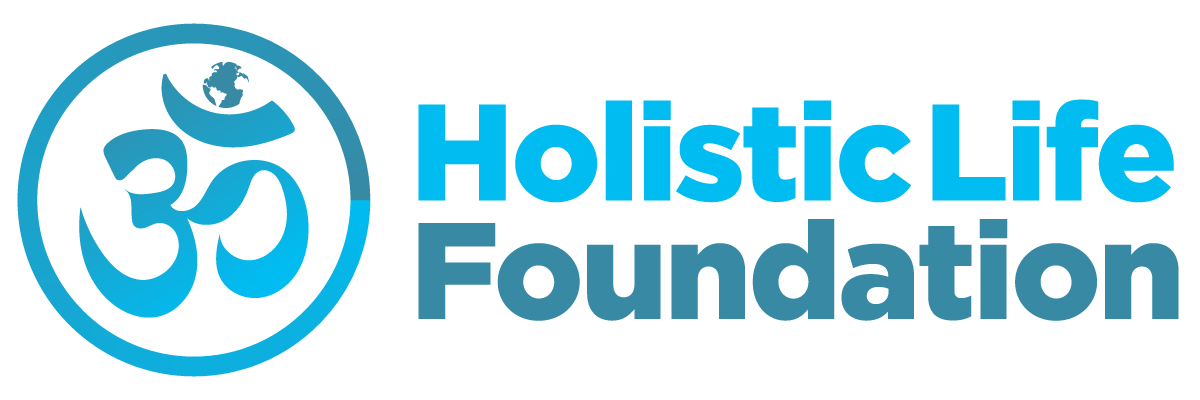5 Tips for Starting Your Self-Healing Journey
Embarking on a self-healing journey can be one of your life's most empowering and transformative experiences. It is a path that leads to a deeper understanding of your inner self, fosters emotional resilience, and cultivates a sense of peace and well-being.
Many individuals give up on self-healing because they feel overwhelmed by the process's challenges or get discouraged by slow progress. However, it's essential to remember that healing is gradual, and setbacks are natural. Patience and perseverance are key; every small step forward contributes to significant changes over time.
1. Acknowledge and Accept Your Feelings
The first step in your self-healing journey is acknowledging and accepting your feelings. Healing starts when you allow yourself to feel whatever emotions come up—be it anger, sadness, frustration, or fear—without judgment. Recognizing these feelings as valid parts of your experience is crucial for healing. It's important to understand that healing is not about erasing or ignoring your feelings but rather facing them head-on. Journaling can be a powerful tool, helping you articulate and accept these emotions.
Imagine a scenario where you're feeling overwhelmed by work-related stress. Instead of pushing these feelings aside, take a few moments to sit with them. Write down what you're feeling and why. This act of acknowledgment can help you gain clarity and insight into your emotions, paving the way for healing.
2. Prioritize Self-Care
Self-care is a foundational aspect of any self-healing journey. It's about treating yourself with kindness, compassion, and understanding. Start by integrating simple self-care practices into your daily routine, such as nourishing your body with healthy foods, ensuring you get enough sleep, engaging in physical activity, and setting aside time for activities that bring you joy. Remember, self-care is not selfish; it's an essential part of the healing process.
Start your day with a mindful morning routine that includes gentle stretching, a nutritious breakfast, and setting positive intentions for the day ahead. Throughout the day, take breaks to practice deep breathing or enjoy a rejuvenating walk in nature. These small acts of self-care can have a profound impact on your overall well-being and healing journey.
3. Seek Connection
Isolation can amplify negative feelings, making it harder to heal. Seeking connection—whether with friends, family, or supportive communities—can provide comfort, perspective, and the encouragement needed to continue your journey. Sharing your experiences and feelings with others who understand what you're going through can be incredibly healing. Don’t be afraid to reach out for support when you need it.
Join a local support group or online community to connect with others who are also on a self-healing journey. Share your insights, challenges, victories, and offer support to fellow members. Building a network of supportive relationships can be immensely beneficial in navigating the ups and downs of healing.
4. Practice Mindfulness and Meditation
Incorporating mindfulness and meditation into your routine can significantly aid your self-healing journey. These practices help center your thoughts, reduce stress, and improve your emotional well-being. Start with just a few minutes a day, and gradually increase the time as you feel comfortable. Mindfulness and meditation can help you cultivate a deep sense of peace and stability, even in the face of life's challenges.
Set aside a few minutes each day for a mindfulness practice. Find a quiet space, close your eyes, and focus on your breath. Notice the sensations of each inhale and exhale, letting go of any distracting thoughts. Over time, regular mindfulness practice can help you develop greater awareness, reduce stress, and enhance emotional well-being.
5. Be Patient with Yourself
Finally, it’s vital to practice patience. Healing is not a linear process; there will be ups and downs. Some days, you may feel like you've made a lot of progress; on others, it might seem like you're back at square one. Remember, every step, no matter how small, is a step forward on your self-healing journey. Be gentle and patient with yourself, and recognize that every experience, good or bad, is part of your growth.
If you experience a setback or a relapse in your healing journey, remind yourself that it's a natural part of the process. Reflect on what you've learned from the experience and recommit to your healing goals with renewed determination. No matter how small, every step is progress towards a healthier and more fulfilling life.
Conclusion
Starting a self-healing journey is a brave and meaningful decision. It requires courage to face your inner challenges and commit to a path of personal growth and healing. By acknowledging and accepting your feelings, prioritizing self-care, seeking connection, practicing mindfulness and meditation, and being patient with yourself, you set the foundation for a transformative journey. Remember, the healing journey is deeply personal and unique to each individual. Embrace it with an open heart and mind, and trust that you have the strength and resilience to heal.
As you embark on this journey, keep in mind that it's okay to seek professional help if you feel overwhelmed. Sometimes, having a guide can make all the difference in navigating the complexities of healing. Above all, believe in yourself and your ability to heal. Your self-healing journey is a profound journey towards self-discovery, growth, and, ultimately, a more fulfilling life.

